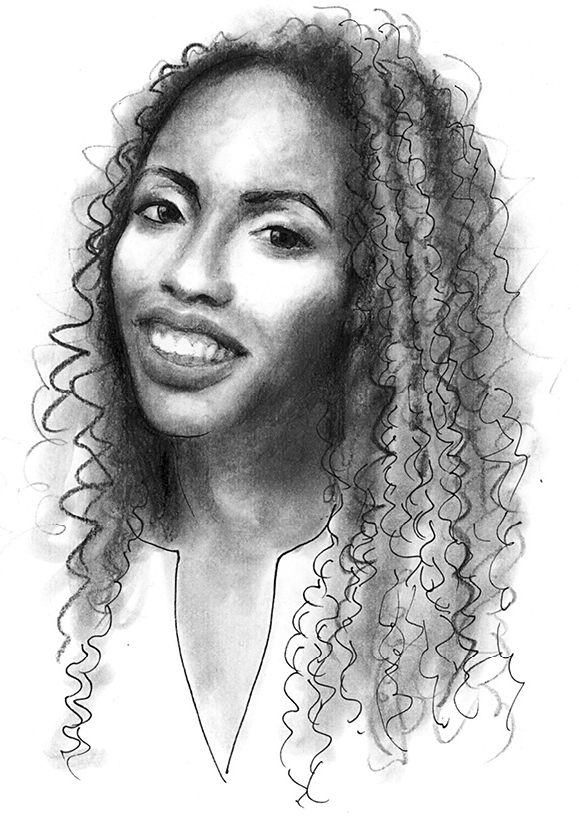INTRODUCTION
Over fifty million children return to America’s public school classrooms every year. Across over 98,000 schools in some 13,600 local school districts, spanning big cities, small towns, and rural communities across the country. More than any other public institution, schools transmit the norms and values that underpin and define Americanness—chiefly through students’ daily contact with our nation’s more than three million public school teachers. This book tells the story of one master teacher in the enormous, messy, and complex system of American public schooling.
Entire volumes have been written about teaching. In its purest form, teaching hinges on the connection between one teacher and dozens—or even hundreds—of students. How does a teacher set academic goals and move them forward? How does a lesson unfold? How much of teaching is improvisation? How can what occurs in a classroom transform a child’s sense of self and value outside of school? Here you will encounter the nitty-gritty of the profession. From an unconventional path to the classroom and licensure struggles, to an eye-opening rookie year, the tenacity required in the early years, and the path toward mastery. The less glamorous parts of teaching, and the unique experiences of Black teachers, round out the story.
When LaQuisha Hall arrived in Baltimore in 2003, she was twenty-one, recently transplanted from North Carolina, and a fresh-faced hire as an English teacher in Baltimore’s public schools. Her seventeen-year career in Charm City is dotted with stints in Baltimore middle and high schools, including a yearlong assignment at the city’s alternative school for students removed from neighborhood schools.
Hall is an artist; a life coach; a pageant winner; and an advocate for sexual assault survivors. Every piece of her identity funnels into her teaching. For close to two decades, she has conceived and carried out creative, empowering, and culturally responsive lessons that sharpen students’ reading, writing, and life skills—resulting in her selection as the 2018 Baltimore City Schools Teacher of the Year.
Her school, Carver Vocational-Technical High School, is a supporting actor in the story. Named after the famous Black inventor George Washington Carver, it was founded in 1925 as a vocational school for Black students during the era of de jure school segregation. Today the school prepares its nearly entirely Black student body for certifications in a variety of trades, including cosmetology, carpentry and electrical construction, and food and beverage management. A separate program (P-TECH) creates a pathway for students to graduate high school with a diploma and a two-year associate’s degree. The school is a fixture in the city, with its revered history and generations of graduates living in and around Baltimore.

I am a product of public schools with conscientious and committed teachers. But none stood out from the rest. I benefited from the education I received. But teaching is much more than pouring facts into a child’s head. Here is a portrait of a dynamic, unforgettable teacher who is making an indelible mark on the young people she serves, as I observed firsthand in the 2018–19 and 2019–20 school years—comprising her sixteenth and seventeenth years in teaching. What follows is also a scrutinizing look at the system in which she works that contributes to the larger conversation about the state of public education.
Modeling the best of her profession, Hall is a springboard to enlighten and bring clarity to a very much maligned and misunderstood job. Spotlighting teaching’s wonders and warts serves as a primer for aspiring teachers, an affirmation for current teachers, and a wake-up call for those who care about sustaining this noble profession.